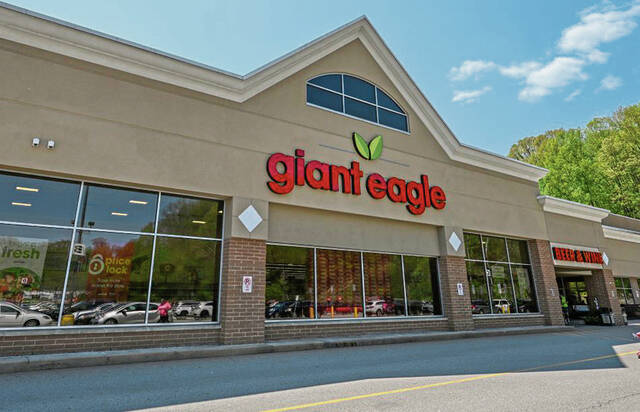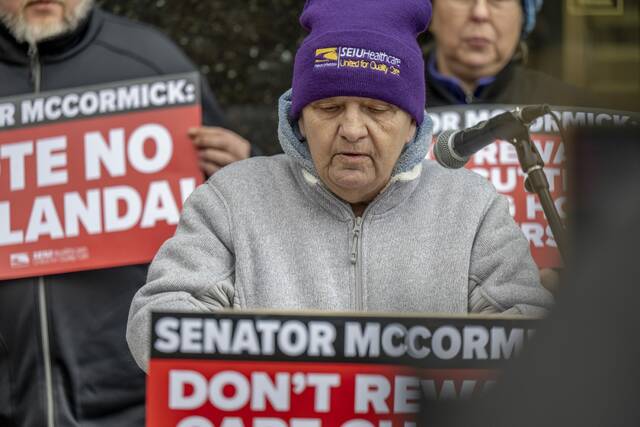Pittsburgh was designated a “workforce hub” by the White House in May because of its success in innovation, growth in advanced manufacturing like robotics and increase in the clean energy sector. The designation was recently touted by First Lady Jill Biden, who visited the Pittsburgh International Airport on Tuesday.
Five regions were selected. Phoenix, Columbus, Baltimore, and Augusta, Ga. were the other cities picked.
But what does the designation mean, and how will it impact Pittsburgh’s economy and labor force?
Julie Su, the country’s acting labor secretary, told the Tribune-Review that the workforce hub designation will mostly provide funds and assistance to existing workforce training systems in programs in the Pittsburgh area.
Su said she has a group of staff members working with the office of Pittsburgh Mayor Ed Gainey, and Partner 4 Work, a local workforce development group.
“The idea is to work closely with city leaders on the ground, to develop the workforce infrastructure in these cities in order to make sure that we are connecting people to the good jobs that are coming, and employers to the people that they need,” she said during a Tuesday interview.
The Department of Labor has already funded efforts like PIT 2 Work, a training program at the airport that provides a stipend to participants, free childcare and public transit, and construction job training to work on the airport’s $1.4 billion modernization project.
Su said the workforce designation is to help ensure that training isn’t being done with the hope that participants will find jobs, but instead to connect participants to jobs after they complete training.
In Pittsburgh, that means attracting people to move to the region and to connect with people who are out of the workforce
Pittsburgh’s regional unemployment is at the lowest level seen in decades. But the region is also recovering from the pandemic much slower than other regions.
Su said there are more jobs in Pittsburgh than there are people to work right now. She said she believes the extra resources provided by the workforce hub designation can help boost training programs that will bring people from out of the region to Pittsburgh, and attract local people who didn’t believe they could work in fields like construction.
She said Pittsburgh is set to receive a total of $1.3 billion in funds from the federal infrastructure law, and only $200 million of that has been allocated so far. Su also expects private investment to add to that, which will likely create jobs, particularly in construction, advanced manufacturing and energy.
Su lauded PIT 2 Work as an example of how to attract new people to the construction workforce, citing its free childcare and transit programs. She said people might be avoiding seeking work because they didn’t have transit access or couldn’t afford childcare.
“That is going to bring people to Pittsburgh to Allegheny County and into the workforce,” she said. “That is why we need transportation and childcare, because those things can normally keep people from working.”
The first cohort in the PIT 2 Work construction training program are 90% Black, said Su.
Pittsburgh leaders are also lobbying the federal government and the Department of Energy to be designated a “hydrogen hub,” which could come with over $1 billion in investment to help build infrastructure to use energy sources to manufacture hydrogen.
Su said the workforce hub designation is independent from any potential hydrogen hub designation. But if Pittsburgh were to be named a hydrogen hub, the region would likely benefit from already having workplace infrastructure in place to connect people to the coming energy jobs.








